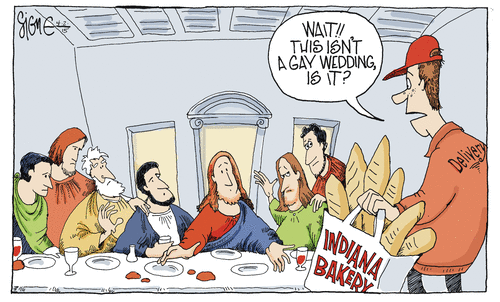“Algunos creen que la meditación se produce a través de un esfuerzo
personal, otros entienden la meditación como la ausencia de esfuerzo.
Existen diferentes técnicas y propósitos. Cuando uso la palabra
meditación, me refiero a un proceso de absorción: el practicante es
tomado por lo Divino. Entra en un estado donde se percibe como
satchitananda - existencia, consciencia y bienaventuranza - y se
convierte en un testigo pasivo. Él entra en este estado cuando su mente
está completamente serena, así como un lago calmo refleja perfectamente
la luz del sol. Solamente una mente serena puede reflejar la perfección
del Yo divino.”
"Some people believe that meditation occurs through a personal effort, others understand meditation as effortlessness. There are different techniques and purposes. When I use the word ‘meditation,’ I refer to a process of absorption: the practitioner is taken over by the Divine. She enters a state that is perceived as satchitananda, existence, consciousness and bliss, and becomes a passive witness. One enters this state when the mind is completely serene, like a calm lake perfectly reflecting the light of the sun. Only a quiet mind can reflect the perfection of the divine self."
"Some people believe that meditation occurs through a personal effort, others understand meditation as effortlessness. There are different techniques and purposes. When I use the word ‘meditation,’ I refer to a process of absorption: the practitioner is taken over by the Divine. She enters a state that is perceived as satchitananda, existence, consciousness and bliss, and becomes a passive witness. One enters this state when the mind is completely serene, like a calm lake perfectly reflecting the light of the sun. Only a quiet mind can reflect the perfection of the divine self."



